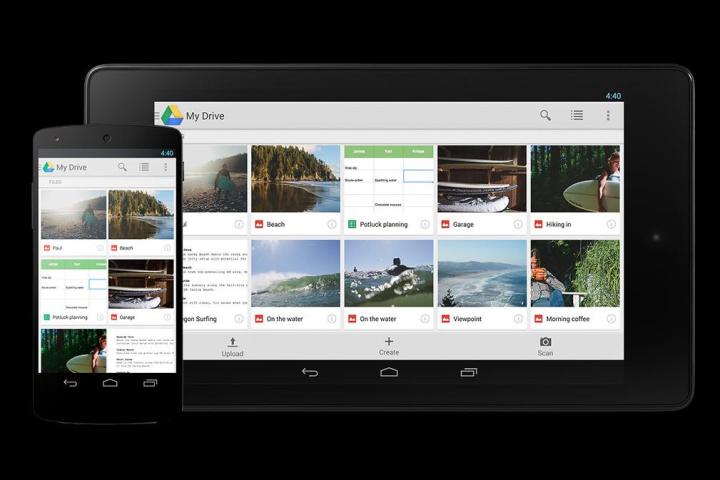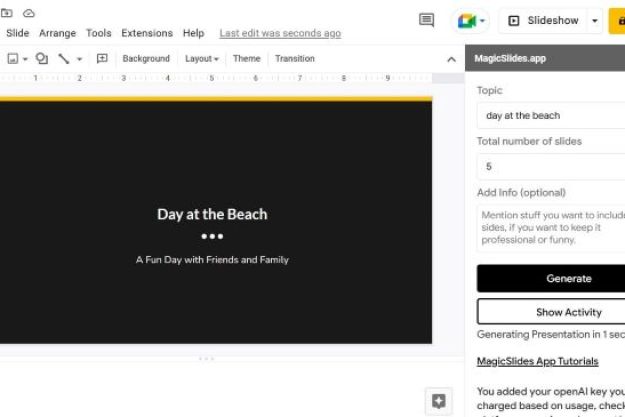
In other words, while you may prefer to have all your recent photos and documents easily accessible in Google Drive, you probably don’t want all of your old essays from college, photos from five years ago, or old backups for phones you don’t use anymore hogging all your cloud space. Nearline and its competitors are intended to house historical data and things you probably don’t need to use all that often. It’s the kind of cloud storage that businesses often need, but ordinary people may not want, especially if they have to pay too much for it.
Related: Google Cloud Connect takes on Microsoft Office
Luckily, pricing of Nearline is competitive at a penny a month per gigabyte, and Google says the service has advantages in other areas. Whereas items stored in Glacier take several hours to retrieve, Nearline serves data in about three seconds. It also integrates with other products in Google’s Cloud Platform portfolio, making it easier for preexisting installations to tap into the system.
The introduction of Nearline is the latest in a series of moves by Google to match or best its nearest cloud computing competition. Back in March, the company slashed Drive storage pricing across the board, cutting the price of its 100GB Drive tier by more than half and lowering the cost per terabyte per month to just $10.
The cloud market is a cutthroat one. Storage company Box raised $175 million in its initial public offering last month, Dropbox is valued in the billions, and Microsoft’s Azure platform is one of the company’s most profitable divisions. It’s no wonder, then, that the industry’s iteration is so rapid. Any company that doesn’t move quickly enough surely won’t stay profitable for long.
Editors' Recommendations
- Why you need to be excited about the Google Pixel 8a
- Watch out: Google Drive may have lost months of data
- No, you really don’t need Google Assistant on your smartwatch
- Your Google One plan just got 2 big security updates to keep you safe online
- You paid too much money for your Pixel Watch — and Google knows it

